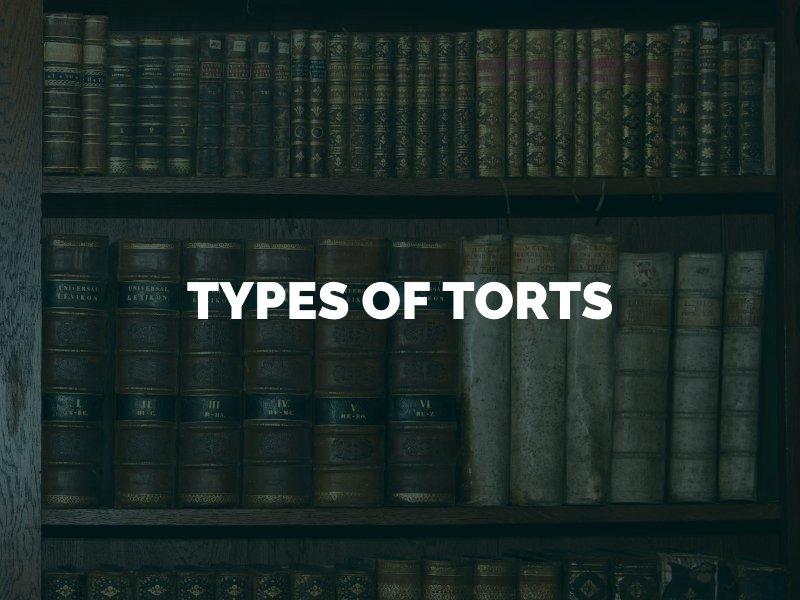Tort is the legal term for a type of wrongdoing, misconduct or breach of rights. Under the rules of civil liability, if one person’s tort gives someone else a personal injury, the person guilty of the tort will owe the victim financial compensation. It is important to know the types of torts in Colorado. It will help you recognize when someone is civilly liable for your damages.

A tort case is a type of civil lawsuit in which one party brings a claim against another party for allegedly causing the damages in question. A tort case claims that one party (the defendant) is guilty of a tort that caused the claimant’s (plaintiff’s) injuries and losses. In a successful tort case, the defendant will have to pay for committing the tort that caused the damages.
An injured party or surviving loved one can bring a tort case in Colorado based on negligence, strict liability or an intentional tort. The type of claim will determine the plaintiff’s burden of proof, or the amount of evidence the plaintiff (or attorney) will have to show to prove the defendant’s liability. In Colorado, a plaintiff only has a limited amount of time to bring a tort claim. This deadline is typically two years from the date of the accrual of the cause of action.
Negligence is the most common basis for a civil tort claim. It alleges the fault of the defendant based on four elements: duty, breach of duty, causation and damages. The plaintiff will need clear and convincing evidence that establishes these four elements as more likely to be true than not true to recover compensation.
Duty is the defendant’s obligation to uphold certain standards of care. A breach of duty is an act of negligence or carelessness. Causation is a connection between the breach and the plaintiff’s damages. Damages are compensable losses by the victim, such as vehicle damages and medical bills.
Civil liability is not the same as a criminal case. A criminal case must establish the defendant’s intent to injure the plaintiff or commit a crime. Under the liability theory of negligence, someone can be financially accountable for an injured victim’s damages even if he or she did not mean to cause the accident or injury. A civil case based on negligence only needs to demonstrate the defendant’s breach of duty in connection with the plaintiff’s injuries.
A claim based on ordinary negligence requires you, the plaintiff, to prove that someone else breached a duty of care and caused your injuries. If you can base your case on strict liability, however, you may not need to prove negligence to obtain compensation. The legal theory of strict liability holds that someone will be financially responsible for damages even if he or she was not negligent, in certain situations. Specific areas of law allow for arguments of strict liability.
An intentional tort can describe any type of crime or wrongdoing a defendant commits on purpose, knowingly, consciously, maliciously and/or with intent to harm the plaintiff. Rather than injuring the victim accidentally or carelessly, a defendant guilty of an intentional tort did something on purpose to hurt the plaintiff despite the foreseeable risk of harm. An intentional tort could result in both criminal and civil liability for the defendant.
Speak to a personal injury lawyer in Denver if any type of tort gave you or a loved one an injury in Denver, Colorado. You may be able to hold someone else responsible for your damages by bringing a claim based on negligence, strict liability or intentional tort.